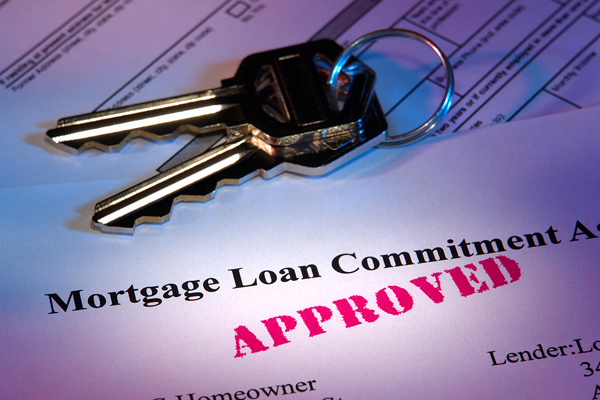Housing prices have been seeing a steady climb after many years of heading downwards. There is very little inventory on the market right now which is causing a lot of this climb as buyers are trying to find properties to buy before they’re already off the market. And Interest Rates remain very low which is also enticing to homebuyers.
But qualifying for a home loan can be difficult for many buyers. Requirements are now much stricter and many buyers were participant’s in short sales or other distressed property situations leaving them with less than perfect credit and a personal portfolio that is less than balanced. Add to that the inventory shortage and sellers are having the upper hand.
Here a a few tips to get you finances in order before trying to purchase a home:
- Get a clear picture of your financial situation and how much how you really can afford.Based on your budget and finances, the most important thing to do before you start looking at homes is to find out just how much home you can afford. How much can you put down? And don’t forget principle, interest, and taxes. Your housing budget should be between 25 and 30$ of you monthly income
- Create a budget as if you were already a homeowner
Figure how much you can live on ad include additional costs that homeowners have such as repairs, utilities, and insurance. Then start setting aside that additional money. - Be prepared to put down 20%
20% down will get you the lowest interest rate and can also avoid paying private mortgage insurance (PMI). And remember to set aside money for closing costs which can run into the thousands. - Have a plan for cleaning up credit issues
Your FICO score needs to be at least 720 out of 850 for a shot at favorable interest rates on your loan. A major component of your score is the ratio between how much credit you have and how much debt you have. Consumers are entitle to a free credit report every 12 months from each of the credit bureaus: Esperian, TransUnion, and Equifax. Try to avoid taking on new debt before you attempt to buy a new home. - Get your financial documents in order
Gather at least 3 months of bank statements, pay stubs and at least two years of income tax filings. - Get Pre-approved for a loan
Find out from a lender much you can borrow. Once you have a pre-approval letter, it’s a firm indication of what you can spend.

